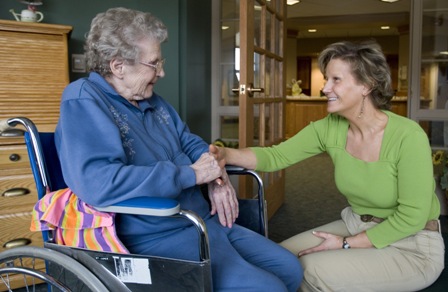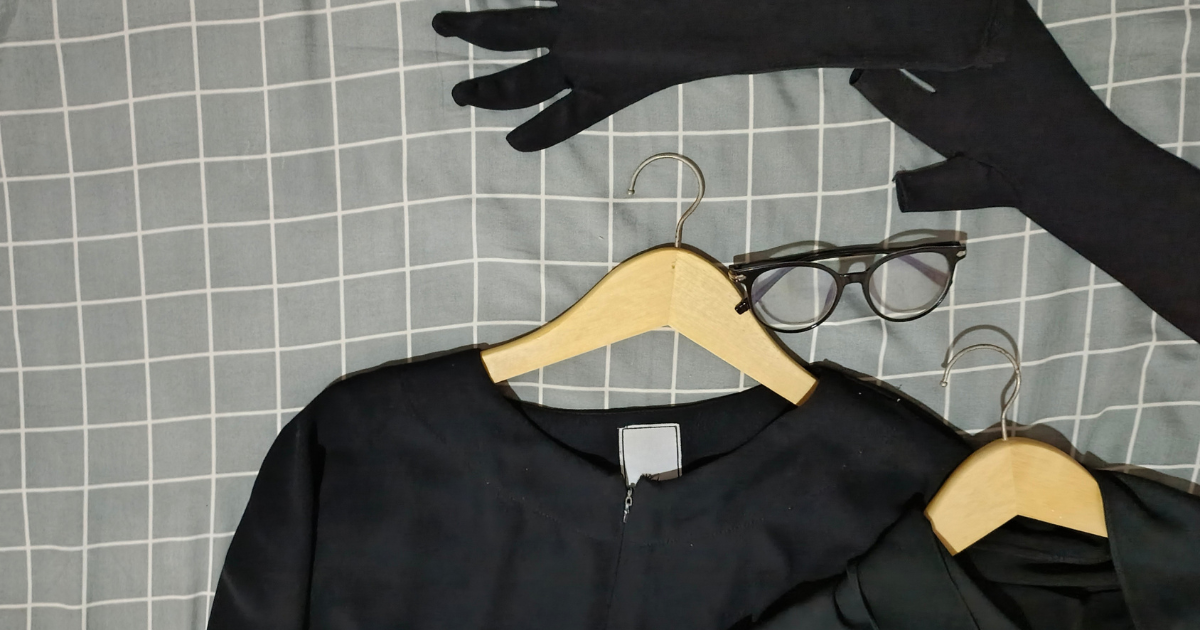Scientist Confirms “Old People Smell”
 Article Provided By: Caleb Wilde
Article Provided By: Caleb Wilde
We’ve all smelled it. And like flatulence in church, nobody says anything.
It’s that odd perfume that comes from Great Grandma Eunice when you reach down to give her a hug.
It’s that odor that wafts through nursing homes.
And now science is here to prove to us what we’ve already known.
Old people have an odd odor that is all their own.
And no, it’s not moth balls; it’s not an old person perfume; it’s not the fact that their skin hasn’t touched bath water in a couple days; nor is it the decade old clothes that have been re-worn for consecutive days (I pull that trick in the winter when I don’t sweat).
In fact, notes Johan Lundström, Ph.D., the lead author of the study, the smell of older people is a universal smell that can be identified from Asia to Alaska.
There’s even a word for this smell in Japan: kareishū.
Here’s the explanation for “the smell” from Dr. Lundström:
The root cause of the old person smell is still a mystery, but the study notes that long-term changes to the skin glands may be involved. Lundström suspects it also may be related to an accelerated rate of cell decay. “As cells die at a faster pace, they might give off a different odor that is unique to people with old age,” he says. (from CNN.com)
*****
As a funeral director, I know the small all too well as I frequent nursing homes more often that some of the occupant’s family. It’s a smell that has always elicited sadness in me. Sadness for those who sit in waiting, often unvisited by outsiders.
I’ve read before that babies have a certain smell that neurologically encourages attachment in adults. We can actually love our infants more just by smelling them.
So, what does the “old people smell” encourage? For me, it’s encouraged a sense of the holy … a sense of both respect and a degree of otherness. An otherness that’s been created by a recognition of life and death. An otherness that we can learn from.
Next time you smell the “old people smell”, maybe we should just sit and listen (not necessarily to their words) to the holy that’s apart of the end stage of life.




